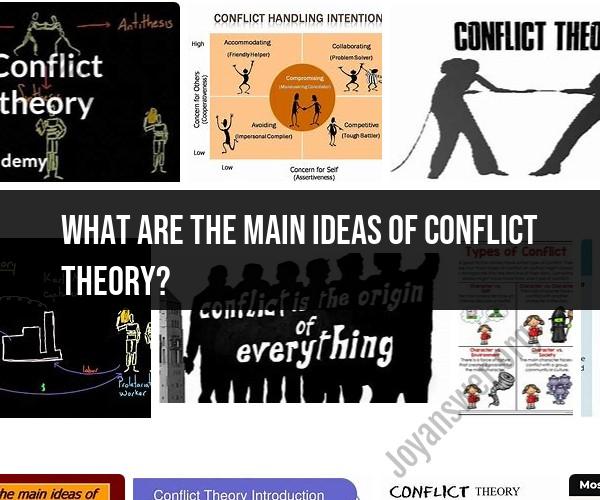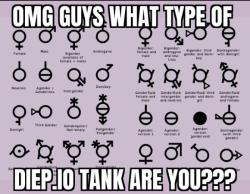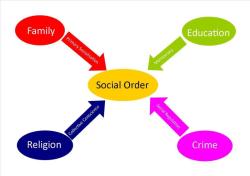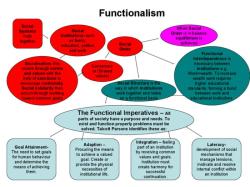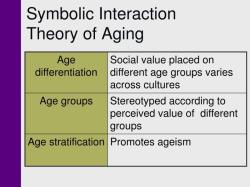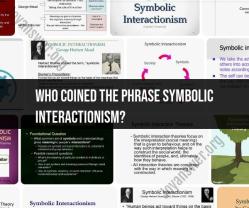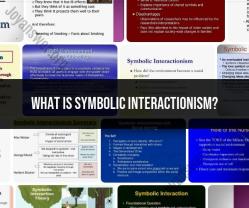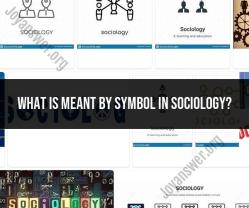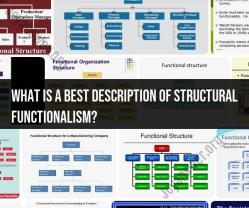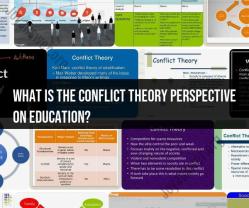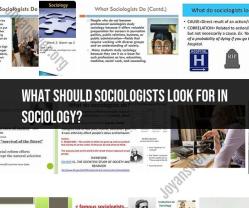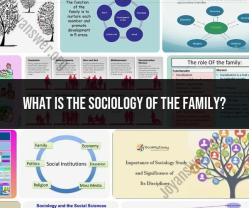What are the main ideas of conflict theory?
Conflict theory is a sociological perspective that views society as a system characterized by various forms of inequality and social conflict. It emphasizes the role of power, resources, and social structures in shaping society. Here are the main ideas and key concepts of conflict theory:
Inequality and Power: Conflict theory asserts that society is marked by inherent inequalities, including disparities in wealth, income, education, and access to resources. These inequalities create power imbalances where certain groups or individuals hold more influence and control over societal institutions.
Conflict and Competition: Conflict theorists argue that society is in a constant state of conflict and competition, particularly among different social classes or groups. This competition arises from limited resources and opportunities, leading to struggles for dominance.
Social Structures: Conflict theory emphasizes the role of social structures, such as the economy, government, education system, and legal institutions, in perpetuating and reinforcing inequality. These structures are seen as tools used by dominant groups to maintain their position.
Exploitation: Conflict theorists argue that dominant groups exploit their control over resources and power to the detriment of subordinate groups. This exploitation can manifest in various forms, including economic exploitation in the workplace.
Ideology and Justification: Conflict theory suggests that dominant groups often develop ideologies or belief systems that justify their privileged position and legitimize social inequalities. These ideologies may be used to maintain the status quo.
Class Struggle: Karl Marx, one of the founders of conflict theory, emphasized the importance of class struggle between the bourgeoisie (capitalist class) and the proletariat (working class). He argued that this struggle would ultimately lead to a classless society.
Social Change: Conflict theory envisions social change as a product of conflict and tension between social groups. It sees social movements, protests, and revolutions as means through which marginalized groups can challenge and transform existing power structures.
Critique of Functionalism: Conflict theory contrasts with functionalism, another major sociological perspective. While functionalism emphasizes social stability and the harmonious functioning of society, conflict theory focuses on social instability and the role of conflict in driving change.
Symbolic Interactionism: Conflict theory differs from symbolic interactionism, another sociological perspective that examines how individuals construct meaning through interactions. Conflict theory places greater emphasis on macro-level social structures and power dynamics.
Intersectionality: Contemporary conflict theory acknowledges the importance of intersectionality, which recognizes that individuals' experiences of inequality are shaped by the intersection of multiple social factors, such as race, gender, class, and sexuality.
In summary, conflict theory offers a critical lens through which to analyze society, highlighting the role of conflict, power, and inequality in shaping social structures and driving social change. It is particularly concerned with understanding how dominant groups maintain their position and how marginalized groups can challenge and overcome social injustices.
The Core Concepts of Conflict Theory: Understanding Its Main Ideas
Conflict theory is a sociological perspective that views society as a place where different groups compete for scarce resources. It argues that this competition leads to conflict, which can be both positive and negative.
Key Principles and Tenets of Conflict Theory
The key principles and tenets of conflict theory include:
- Social conflict is inevitable: Conflict theory argues that social conflict is inevitable because different groups in society have different needs and interests. These groups will compete for scarce resources, such as power, wealth, and status.
- Society is divided into groups: Conflict theory argues that society is divided into groups based on social class, race, ethnicity, gender, sexual orientation, and other factors. These groups have different needs and interests, which can lead to conflict.
- Power is central to social conflict: Conflict theory argues that power is central to social conflict. Powerful groups have the ability to dominate other groups and to control the distribution of resources. This can lead to inequality and injustice.
- Social change is driven by conflict: Conflict theory argues that social change is driven by conflict. As different groups compete for resources, they may challenge the status quo and demand change. This can lead to social progress.
Analyzing Society through Conflict Theory: Its Central Notions
Conflict theory can be used to analyze society in a number of ways. For example, it can be used to understand:
- The causes and consequences of social inequality
- The dynamics of power and conflict in social institutions, such as the family, the economy, and the government
- The role of social movements in promoting social change
Conflict theory can also be used to analyze specific social problems, such as poverty, crime, and racism.
Examples of Conflict Theory in Action
Here are a few examples of how conflict theory can be used to analyze society:
- The gender wage gap: Conflict theory can be used to explain the gender wage gap, which is the difference between the average earnings of men and women. Conflict theorists argue that the gender wage gap is a result of the unequal distribution of power between men and women in society. Men have historically held more power than women, and they have used this power to maintain their dominance in the workplace.
- The Black Lives Matter movement: Conflict theory can be used to understand the Black Lives Matter movement, which is a social movement that protests against police brutality and racial injustice. Conflict theorists argue that the Black Lives Matter movement is a response to the systemic oppression of black people in the United States.
- The rise of populism: Conflict theory can be used to understand the rise of populism, which is a political ideology that emphasizes the importance of "the people" and stands in opposition to the establishment. Conflict theorists argue that populism is a reaction to the growing inequality and injustice in society.
Conflict theory is a valuable tool for understanding society. It helps us to see that conflict is not necessarily a bad thing, but rather a natural part of social life. It also helps us to understand the root causes of social problems and to develop strategies for social change.
